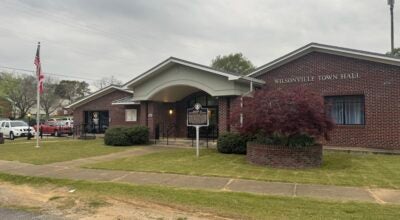Immigration law affecting local citizens
Published 11:58 am Tuesday, December 13, 2011
I knew that Alabama’s new immigration law was a bad idea. Being an educator I was initially concerned about the impact it would have on the ability of the children of undocumented workers, here through no fault of their own, to obtain an education. However, it appears that the most profound immediate impact of the law has been on the very American born taxpayers the bill purports to protect.
In panel discussions, news reports and personal conversations, I’ve heard numerous accounts of how businesses, families and individuals are being affected. From increased bureaucracy at the division of motor vehicles to the lack of availability of badly needed farm and maintenance workers, its negative effects can be seen everywhere. Some small companies fear for their viability while crops rot in the fields. We all lose with this law, given that there is no practical way for undocumented people who have in the past served as a highly effective workforce to gain citizenship.
The negative impact on families has been profound. For example, Shelby Emergency Assistance has seen a 50.5 percent decrease in Hispanic households served between January and October of this year. This agency not only helps people acquire basic necessities during financial crisis but helps clients gain life skills so that they become self-sufficient and are less likely to need assistance in the future.
Families targeted by the law, many of whom include a blend of both United States citizens and undocumented workers, are less likely to access other critical social services as well. I’m also concerned about what we are teaching our children with this law. During a panel discussion about the law, a white, non-Hispanic woman in the audience reported that her elementary school-aged son was being ridiculed at school by classmates, who taunted him by saying his father, who is a United States citizen, was going to be deported due to his ethnic background. I’m sure this is not an isolated incident.
All of this seems like a perfect case study in what Martin Luther King Jr. meant when he said injustice anywhere is a threat to justice everywhere. When we support laws that disadvantage one group unjustly, it has negative consequences for us all. We must consider this as we try to figure out how to reform immigration in ways that help all involved.
Kimberly Barrett is the vice president for student affairs at the University of Montevallo.









